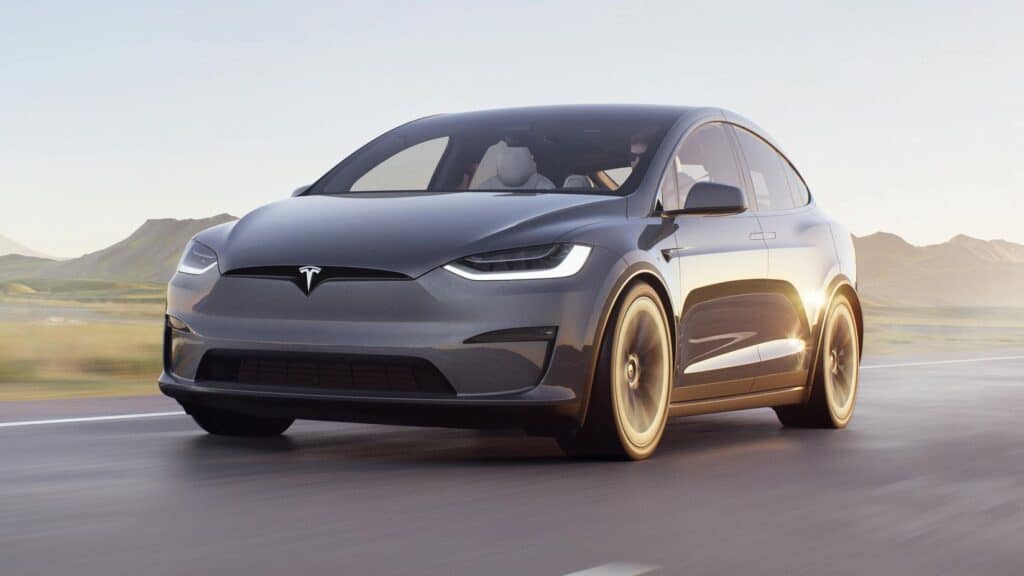Published 11 Sep 2023
Going green: Discover the world of eco-friendly cars and how they appeal to environmentally conscious customers.
Blog
car sales training
dealership best practices
automotive sales phone training
Automotive Sales Training
car sales phone training
Dealership Training
How to sell more cars
how to set appointments in automotive sales
how to set appointments in car sales
In an era where environmental consciousness is at its peak, the automotive industry has responded with a revolutionary shift towards eco-friendly cars. This paradigm change is not just about adopting a trend; it's a conscious effort to reduce our carbon footprint and preserve the planet for future generations. In this comprehensive guide, we will delve deep into the world of eco-friendly cars, exploring their various types, benefits, and why they appeal so strongly to environmentally conscious customers. Buckle up as we embark on a journey towards a greener and more sustainable future.
The Evolution of Eco-Friendly Cars
From the early days of the horseless carriage to the modern electric vehicles (EVs), the automotive industry has come a long way in developing eco-friendly alternatives. Let's take a closer look at this evolution.
The Birth of Eco-Friendly Concepts
In the mid-20th century, concerns about air pollution and fossil fuel depletion sparked interest in environmentally friendly cars. Concepts like hybrid vehicles and electric cars began to emerge.
Types of Eco-Friendly Cars
Today, there are several types of eco-friendly cars, each with its unique attributes and benefits.
1. Hybrid Cars
Hybrid cars combine both gasoline and electric power sources, offering improved fuel efficiency and reduced emissions.
2. Electric Vehicles (EVs)
EVs run solely on electricity, producing zero tailpipe emissions. They are seen as the future of clean transportation.
3. Plug-In Hybrid Electric Vehicles (PHEVs)
PHEVs can operate on electricity or gasoline, providing flexibility and reducing overall fuel consumption.
4. Hydrogen Fuel Cell Vehicles
These vehicles use hydrogen gas to generate electricity, emitting only water vapor as a byproduct.

Why Eco-Friendly Cars Appeal to Environmentally Conscious Customers
Environmental Impact
One of the primary reasons eco-friendly cars attract environmentally conscious customers is their reduced environmental impact.
Fuel Efficiency
Eco-friendly cars, especially hybrids and EVs, are incredibly fuel-efficient, saving owners money in the long run and reducing their carbon footprint.
Government Incentives
Many governments offer incentives, such as tax credits and rebates, to encourage the adoption of eco-friendly vehicles, making them more appealing to budget-conscious consumers.
Advancements in Technology
Rapid advancements in battery technology have led to longer driving ranges for EVs and faster charging times, making them a more practical choice for daily commuting.
Quiet and Smooth Operation
Eco-friendly cars, particularly EVs, are known for their quiet and smooth operation, providing a serene driving experience.
Reduced Maintenance
With fewer moving parts, eco-friendly cars generally require less maintenance, saving both time and money for their owners.
Frequently Asked Questions
Q: Are eco-friendly cars more expensive than traditional cars?
A: Initially, eco-friendly cars may have a higher upfront cost, but they often result in long-term savings due to reduced fuel and maintenance expenses.
Q: Can I charge an electric car at home?
A: Yes, most electric cars can be charged at home using a standard electrical outlet or a dedicated charging station.
Q: What is the range of electric cars?
A: The range of electric cars varies, but modern EVs can typically travel over 200 miles on a single charge.
Q: Do eco-friendly cars have the same performance as traditional cars?
A: Many eco-friendly cars offer impressive acceleration and performance, with electric cars often outperforming their gasoline counterparts in terms of torque and speed.
Q: Are there enough charging stations for electric cars?
A: The charging infrastructure for electric cars is continually expanding, with charging stations becoming more accessible in urban and rural areas.
Q: Do eco-friendly cars contribute to reducing greenhouse gas emissions?
A: Yes, eco-friendly cars play a crucial role in reducing greenhouse gas emissions as they produce fewer or no tailpipe emissions, depending on the type.
Conclusion
As we conclude our exploration of eco-friendly cars and their appeal to environmentally conscious customers, it's evident that these vehicles represent more than just a mode of transportation. They embody a commitment to a sustainable future, offering cleaner air, lower operating costs, and a reduced environmental footprint. With advancements in technology and growing support from governments and automakers, the adoption of eco-friendly cars is on the rise. So, whether you're a green enthusiast or simply looking for a smarter and more economical choice, consider discovering the world of eco-friendly cars – your journey towards a greener future awaits.
All blog posts

Emotional Intelligence is a Game-Changer in Car Sales Training

From 'I Need to Think About It' to 'Let’s Do It

From Showroom to Sold: The Psychology of Nurturing Car Sales Leads

The Role of Customer Experience in Closing More Automotive Sales

Top-Rated Automotive Internet Sales Training for Dealership Teams

Why Dealerships With Good Car Inventory Win (And How to Make Sure Yours Does)

Driving Sales Success: The Power of Accountability and Consequences in Automotive Sales Training

Top 10 Automotive Sales Tips to Turn Cold Leads into Hot Prospects

From Rookie to Rockstar: How RevDojo Transforms Car Sales Careers

RevDojo vs. Traditional Training: Which One Drives More Sales?
RevDojo is the all-in-one solution for automotive businesses looking to thrive in today's competitive market.
© 2024 Revdojo. All rights reserved.